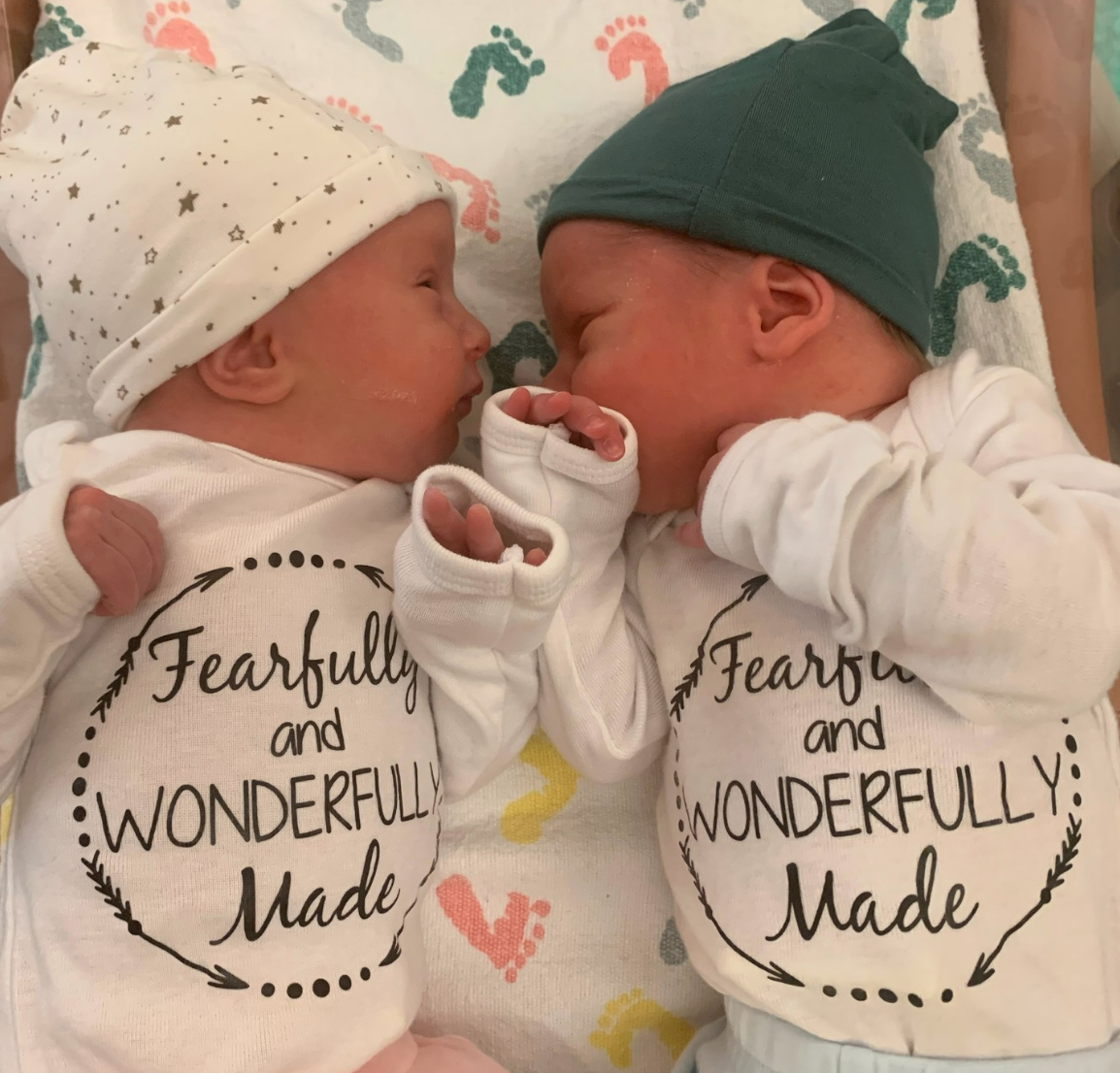
New world record for the longest frozen embryo – 30 years
Lydia and Timothy Ridgeway were conceived in April 1992 and were born in October 2022 in Portland, Oregon. They hold the record as the world’s longest frozen embryos. When they were created at an IVF clinic for an anonymous married couple, their “adoptive” father, Philip Ridgeway, was only 5 years old.
Five of that couple’s embryos were “surplus” and were kept frozen. In 2007 they donated them to a Christian group which sponsors “embryo adoption”, the National Embryo Donation Center in Knoxville, Tennessee.
The Ridgeways already had 4 children but were open to more. “We’ve never had in our minds a set number of children we’d like to have,” Philip said. “We’ve always thought we’ll have as many as God wants to give us, and … when we heard about embryo adoption, we thought that’s something we would like to do.”
“We weren’t looking to get the embryos that have been frozen the longest in the world,” he said. “We just wanted the ones that had been waiting the longest.”
IVF specialists cringe at the phrase “embryo adoption”. They prefer “embryo donation”. “Adoption refers to living children,” says Dr Sigal Klipstein, an ethicist with the American Society of Reproductive Medicine. “It’s a legal process by which a parent-child relationship is created when it did not previously exist.”
Embryo donation, she said, is a medical procedure. “It’s a way by which we take embryos from one couple or individual and then transfer them into another individual in order to build families.”
The NEDC’s programme for embryo adoption is one response to the existence of a million frozen embryos in American IVF clinics. The center says that it has organised the birth of 1,260 of them.
The accumulation of frozen embryos across the US, in states with different laws regulating them, is almost an insoluble ethical dilemma. Many couples are not willing to use them, but they cannot bring themselves to donate their embryos to research or to discard them. So the number keeps growing.
As the Lozier Institute noted on its website: “By commodifying embryos, the medical community and our legal system have opened a Pandora’s box of problematic solutions that fails to offer adequate protections. While IVF has been lauded by many as the answer to infertility, the thousands of other lives it has created continue to hang in the balance.”
